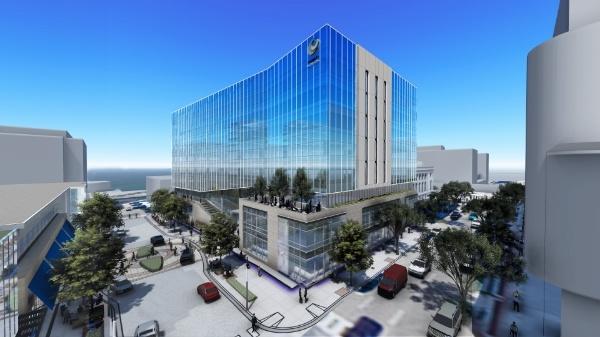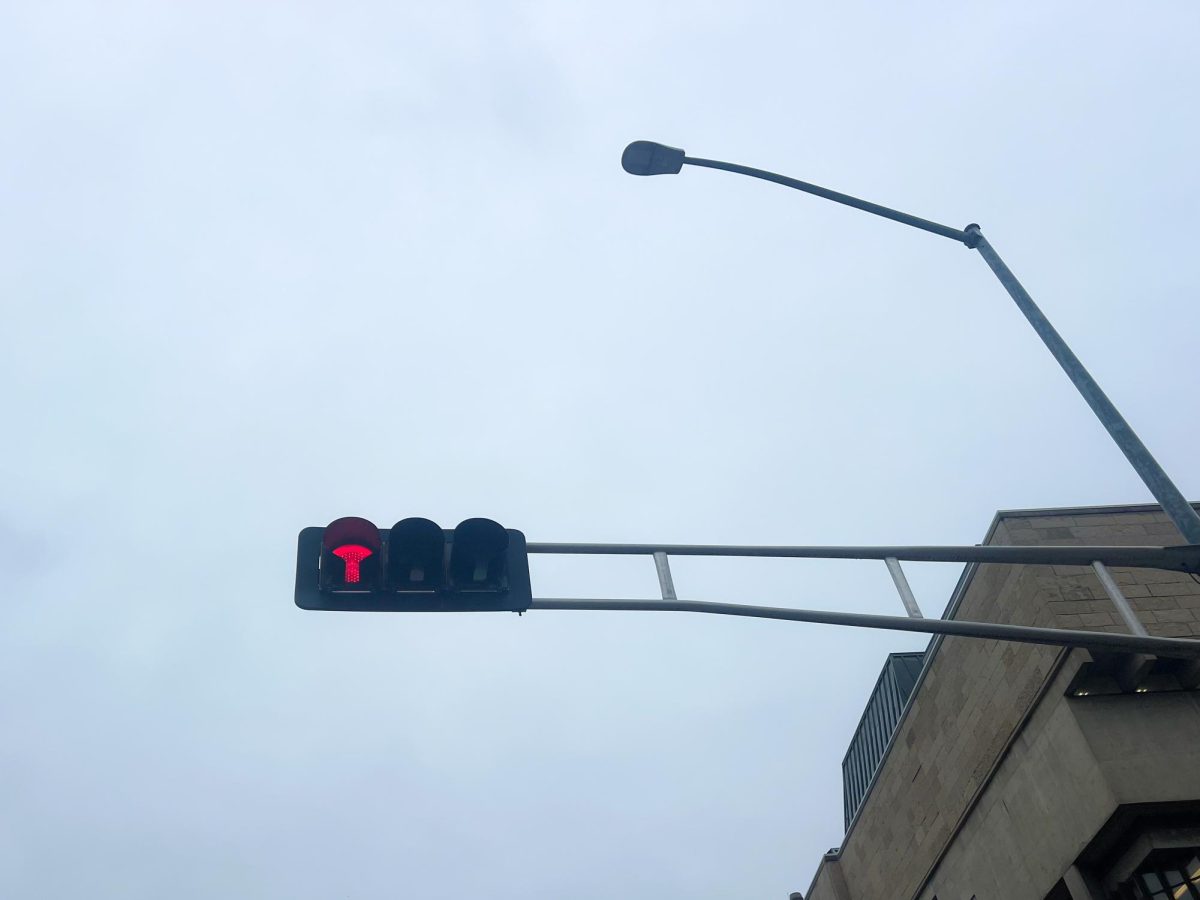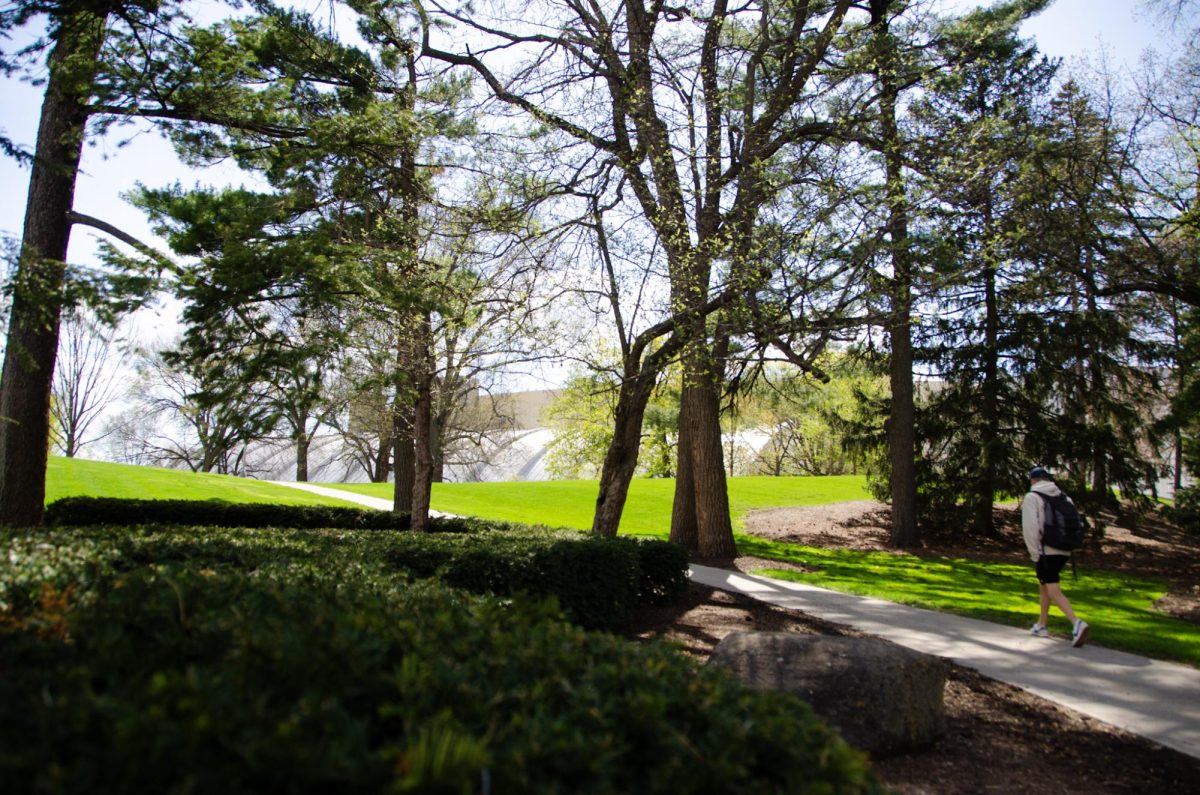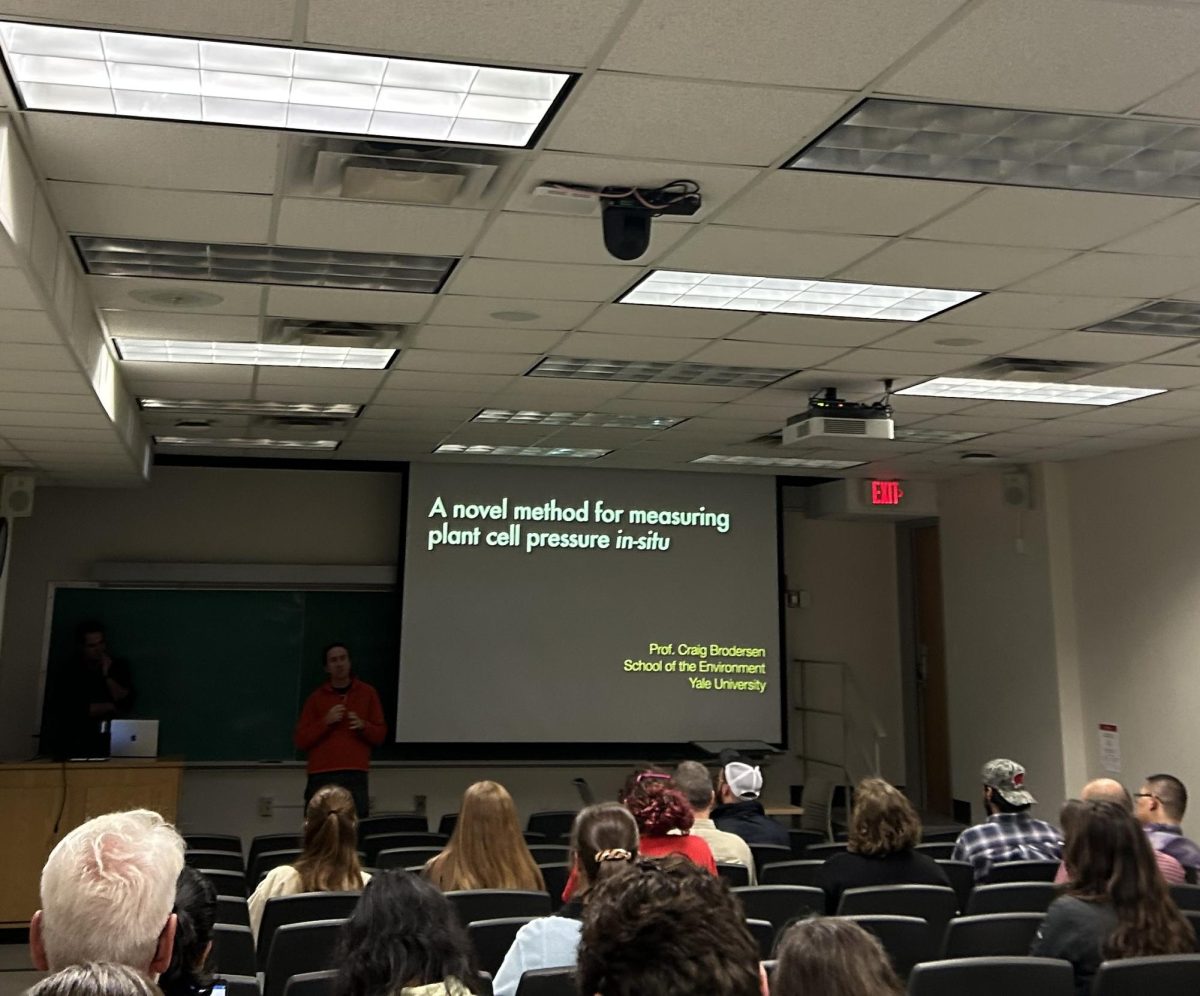Despite mulling over various proposals for the Judge Doyle Square project for more than five years, the final City Council vote for the current proposal has been pushed back two weeks.
The proposal calls for a headquarters for Exact Sciences, an emerging biotech company, expanded parking areas and a hotel.
The project was initially set to be voted on during the Sept. 1 City Council meeting, but with several of the city’s concerns still unaddressed, the council will refrain from voting until the Sept. 15 meeting.
One of the key concerns during this negotiation process is the cost of the development, Ald. Zach Wood, District 8, said. Slightly more than $65 million of the project will be coming from the city, if the proposal passes, he said.
“I’m glad we have an extra two weeks to discuss all of the moving parts,” Wood said. “This is a very complex budget piece, and I don’t think we’re quite done yet. But I think the potential for this project is enormous.”
Initially, the project included rebuilding the Government East parking garage, renovating the Madison Municipal Building and constructing a new hotel. The hotel was the original focus of the project, but when Exact Sciences was added to the proposal, it quickly became a central part of the project, Ald. Mike Verveer, District 4, said.
Exact Sciences, a Madison-based biotechnology company and the developer of Cologuard, a noninvasive colon cancer screening test, became a part of the proposed Judge Doyle Square project in early May of this year, J.P. Fielder, Exact Sciences spokesperson, said.
Exact Sciences currently operates out of four buildings in Madison, but is looking to bring the majority of the workforce together under one roof to encourage more collaboration through the Judge Doyle Square development, Fielder said.
“As Exact Sciences grows, we really want to become a leader,” Fielder said. “We want Madison to be looked at as a biotech hub.”
Exact Sciences also has the potential to work successfully alongside the University of Wisconsin in research and development. With UW graduates making up more than 60 percent of the current Exact Sciences research and development team, the potential for recruitment is immense, Fielder said.
Keeping the talent developed at UW in Madison is an ongoing challenge, Wood said. Implementing a major research and development employer in downtown would help increase the draw of staying in the Madison area, Wood said.
In their proposal, Exact Sciences included a focus on sustainable transportation and hiring a diverse workforce. This means employees will be encouraged to try alternative forms of transportation, including busing and carpooling, to avoid issues that arise with bringing 400 additional people on the isthmus every day, Fielder said.
Additionally, Exact Sciences is working with the Urban League of Greater Madison to train Urban League members to work at Exact Sciences, Fielder said.
Companies like Exact Sciences, with good hiring records, have the potential to help decrease the disparities in Madison, Mayor Paul Soglin said.
“We have ourselves a company with a proven track record in regard to its leadership,” Soglin said. “It’s given us guarantees in regards to job creation.”













